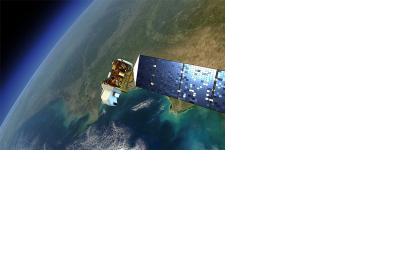A new concept for detecting lost aircrafts and ships lost in the oceans has been introduced by a team of researchers of the Leicester University in cooperation with the New Zealand Defence Technology Agency and Surrey-based DMC International.
With the use of the sensors of 54 land-monitoring satellites which are already in orbit, a continuously updated database of the maritime vessel movements can be created. With these images, the last known location of an aircraft or a ship could be acquired which increases the chances of survivors in cases of accidents.
The case of the lost Malaysian flight MH 370 shows how easily a large aircraft can get lost in open waters and demonstrates the need of an improved airplane monitoring. Malaysian authorities reported that rescue teams were searching 23,000 square miles of the sea as the most likely location of the accident since the disappearance in March 2014. With a third of this area already being scanned by rescue teams without finding a trace of the wreck, the authorities of Malaysia determined the plane was within the area which has been worked out with an extensive analysis using the data of telecommunication satellites and the plane prior to the accident. The search is expected to last until May 2015.
"The University of Leicester brought to this research a unique capability to build a public, open source model of an International Virtual Constellation of spacecraft from 19 nations – a transparent view of space operations never done before,” said David Neyland who is the former assistant director of the US Navy Office of Naval Research-Global, which provided funding. The preliminary results of the experts have been published in the latest issue of the International Journal of Remote Sensing. Currently, the team is working on algorithms which are able to detect ships and aircrafts automatically. The research encourages international satellite owners and operators to collect and to share open water imagery commonly to improve the chances for survivors and the life at sea in general.

